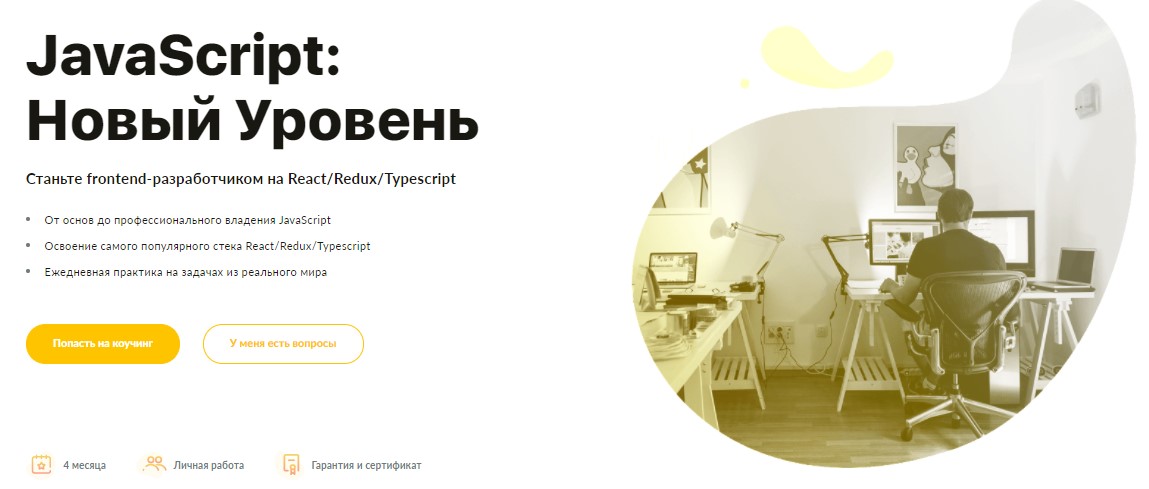In this article, we’ll explore methods for fast learning in intellectual areas—new programs, fields of knowledge, languages, activities, and professions. Normally, we’d start with motivation, but let’s assume you already know *why* you’re learning. So here are 6 ways to speed up the process.

1. Schedule and consistency
Want to learn fast? That doesn’t mean cramming everything at once. Ironically, the fastest way is actually learning in small doses. Four days in a row with one hour of study each day is more effective than a single 4-hour session. Your best bet? Pick a start date and plan your learning evenly across the timeline. It’s crucial to set clear goals—what you'll complete or master on each day.
If your “day X” is an exam—great, you’ve got a target. But if you’re learning a new profession, language, or musical instrument, defining the deadline is harder. Still, you’ll need milestones and tangible goals. Be specific about what you want to learn by a certain date.
A schedule also helps prevent burnout. If you overload your brain with too much at once, the information stays in short-term memory and doesn’t make it into long-term storage. That’s what happens before cramming for exams—you might ace the test but forget the subject a year later. To really learn, take breaks. And read our article on how to make your brain work better.

2. Take notes
Taking notes isn’t old-school. Sure, you have access to all your lessons in digital formats, but writing down key ideas, commands, tricks, and techniques is vital for memory. Ideally, do it by hand. But even digital notes work—just don’t copy-paste. Type it out yourself. Write consciously—these notes will help you during review.
Use mnemonic devices—come up with rhymes, acronyms, tongue twisters, or silly associations. Link what you already know with the new info. That’s how it sticks.

3. Repetition system
Everyone’s heard that “repetition is the mother of learning.” But let’s break it down a bit.
First, the timing matters. The best interval pattern is: repeat the material after 40 minutes, then 4 hours, then 8 hours, one day, one week, and one month later. Think of how school lessons work—teachers explain, summarize at the end, assign homework (ideally done the same day), quiz you in the morning, and eventually test you.
Second, the conditions matter. Repeating something before bed is golden. Your brain sorts and stores info during sleep. It filters out what’s not important—and keeps what you used. If you reviewed something, your brain marks it as relevant.
One more thing: the way you repeat matters. Neural pathways get stronger when you recall info *yourself*—not when you re-read, but when you try to remember it first. So try recalling the lesson or steps on your own before you check the material again.

4. Practice
Without practice, most knowledge is useless. Learning a language? Speak it. Building websites? Build them—don’t just read how. Knowing shortcut keys is nice, but muscle memory matters more. Some pros can't even describe what they do—they just do it, fast and flawlessly.
That’s why our educational programs emphasize practice. You can’t train a hockey champion by describing puck trajectories without putting them on the ice. Watch the workshop “Understanding UX/UI in Practice” and try the techniques immediately!

5. Learn in your free time
No, we’re not saying to sacrifice rest—it leads to burnout. But spend a little time learning outside the formal program. Play around with new tools, translate funny lines, or decode a song. Remember your first time in Photoshop? You weren’t making presentations. You were mixing a horse with a pterodactyl head—and proud of it. That’s how you explore functionality and discover tools you’ll use later.
Plus, it’s motivating. Even a tiny bit of extra effort counts. It doesn’t feel like a chore because there’s no pressure or expectation—just you enjoying the process.

6. Professional training
You don’t need endless life hacks if you’ve got a solid program. At WAYUP, we offer fast-track learning—our students gain a whole new profession in just 4–5 weeks. Our programs are built for optimal absorption, with smart pacing, digestible information, and practical formats. Practice is central. Each step is guided—you’re never left alone with confusing topics.
Thousands of students have already tried our programs, so we know the method works. Join the community—sign up for the online coaching “JavaScript: Next Level.”

